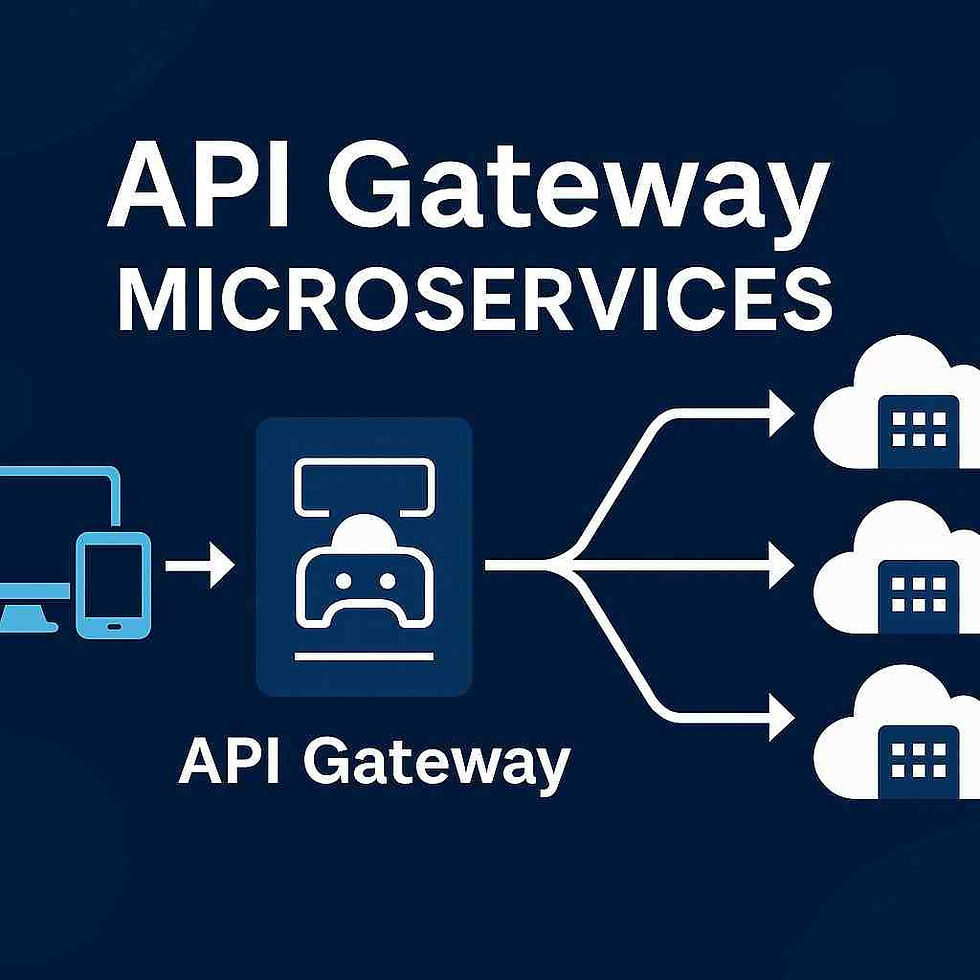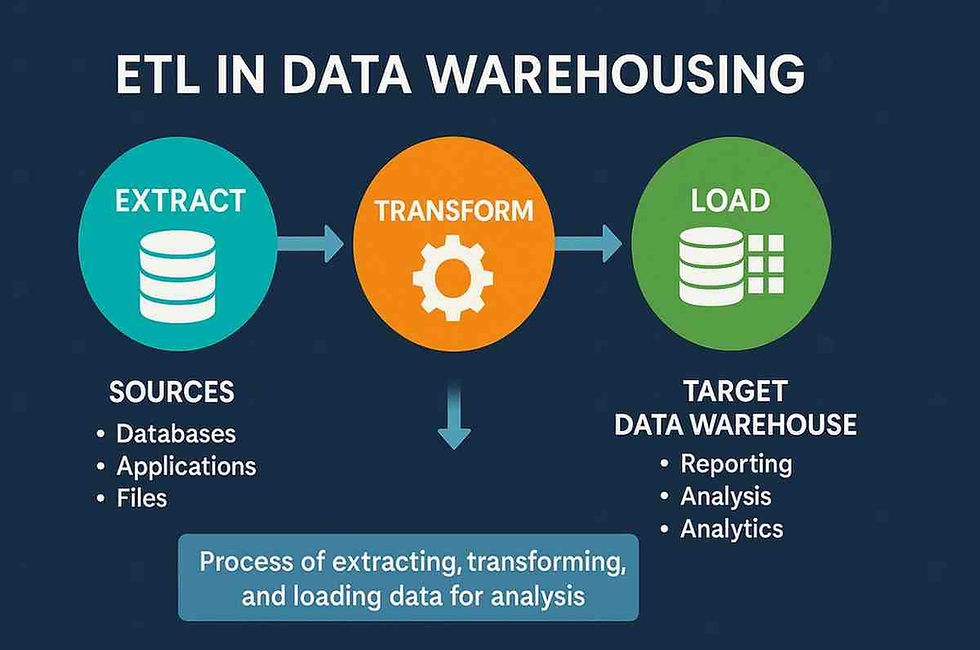Top 8 Best Android Phone Emulators for Seamless App Testing
- Gunashree RS
- Sep 18, 2024
- 6 min read
Android emulators have become essential tools for developers, gamers, and testers alike. Whether you’re looking to test your latest app or play mobile games on your PC, a high-performing Android emulator can make a world of difference. These tools replicate Android devices’ hardware and software configurations, offering an accessible and budget-friendly alternative to owning multiple Android devices.
In this comprehensive guide, we will explore the best Android phone emulators available in 2024, along with their features, advantages, limitations, and why sometimes, real device testing is indispensable. Let’s dive deep into the world of Android emulators and how they can optimize your app development and testing journey.
What Is an Android Emulator?
An Android emulator is software that mimics Android devices' architecture, allowing you to run Android apps on your computer. The emulator replicates the hardware and operating system of Android devices, so you don’t need to physically own an Android phone to run your apps.
From testing app functionality to simulating real user experiences, Android emulators provide a controlled environment for developers and testers to ensure everything works smoothly before apps go live.

Why Use an Android Emulator?
Cost-Effective Testing: Instead of buying multiple Android devices, you can simulate various models and versions of Android on your PC.
Flexibility for Developers: Quickly switch between different Android versions to check compatibility, which is crucial in today’s fragmented mobile ecosystem.
Convenient App Debugging: Debug your app right within the IDE using emulators, without needing physical devices. This is especially useful during the early stages of the development process.
Enhanced Gaming Experience: Emulators allow you to play Android games on a larger screen, with better controls, and without draining your phone’s battery.
Top 8 Best Android Phone Emulators for PC in 2024
BluestacksBluestacks remains one of the most popular Android emulators due to its gaming focus. It allows users to run Android apps and games on Windows and macOS. With features like multi-instance support and high-performance gaming, it’s a top choice for both gamers and testers.Key Features:
Optimized for gaming
Multi-instance feature for running multiple apps simultaneously
Easy integration with Google Play Store
Cross-platform support for Windows and macOS
NoxPlayerNoxPlayer is another excellent choice, particularly for gamers. It allows users to run Android games on a PC with a smooth user experience and offers many customization options for performance.Key Features:
Supports both Intel and AMD processors
Game controller and keyboard mapping
Runs multiple instances of apps or games
Lightweight and fast compared to Bluestacks
LDPlayerLDPlayer is designed to optimize gaming performance and stands out for its speed and reliability. It offers advanced game controls and runs smoothly on most PCs.Key Features:
Regular updates for better performance
High FPS for gaming
Built-in app store
Multi-instance support
Android Studio EmulatorAndroid Studio's official emulator is a developer's best friend. It’s built directly into Android Studio and offers a complete development environment, making it an excellent choice for testing apps.Key Features:
Direct integration with Android Studio
Fast APK installation via drag-and-drop
AVD (Android Virtual Device) management
Support for different Android versions and screen sizes
GenymotionGenymotion is known for its cloud-based emulation capabilities. It’s especially popular among developers looking to test apps across a wide range of Android devices and versions.Key Features:
Supports both desktop and cloud environments
Compatible with multiple Android versions
Allows testing of apps on different screen sizes and resolutions
GPU acceleration for faster performance
MEmuMEmu offers excellent compatibility for both gaming and app testing. It’s known for its performance and the ability to run multiple instances of Android apps simultaneously.Key Features:
Supports both Intel and AMD chipsets
High frame rates for a better gaming experience
Built-in file sharing between Windows and Android
Keyboard mapping for enhanced control
ARChonARChon is unique because it doesn’t run in a standalone app but works as a Chrome extension. This makes it a lightweight option, though it requires some technical expertise to set up.Key Features:
Lightweight and runs in Chrome browser
Supports Android apps on multiple platforms (Windows, macOS, Linux)
Open-source and free
Flexible and customizable
KoPlayerKoPlayer focuses on gaming performance, offering smooth Android gameplay on a PC. With built-in Google Play support, it’s easy to install and play your favorite games.Key Features:
Optimized for Android gaming
High FPS and resolution settings
Easy APK installation via drag-and-drop
Built-in video recording for streaming gameplay
Advantages of Using Android Emulators to Test Apps
1. Faster Data Transfers: With Android emulators, transferring data is much quicker than using a physical device connected via USB. For instance, with Android Studio's Emulator, you can drag and drop APK files for easy installation.
2. Physical Sensor Testing: If your app relies on sensors like accelerometers, emulators allow you to simulate different sensor inputs, ensuring smooth app functionality.
3. Ideal for Early Development Stages: In the initial development phases, testing apps on real devices isn’t always feasible. Emulators allow you to run quick unit tests within the IDE, saving time and resources.
4. Instrumented Tests: Android emulators excel in running instrumented tests that assess how well your app handles platform resources like fonts, graphics, and external dependencies (e.g., "Sign in with Google/Facebook").
Limitations of Android Emulators for App Testing
While Android emulators offer numerous benefits, they come with some significant limitations:
1. CPU Compatibility Issues: Most Android devices use ARM chipsets, while most PCs run on Intel processors. This architectural difference can result in slow or inaccurate emulation, especially for hardware-specific apps.
2. Storage Requirements: Each virtual device can take up around 3.5 GB of space, which adds up quickly when testing across multiple emulated devices, leading to performance issues like lagging and crashes.
3. Lack of Native Experience: Emulators don’t perfectly replicate how an app interacts with the native hardware and environment. For instance, gestures, touch responsiveness, and real-world performance may vary drastically between an emulator and a physical device.
4. Hardware Acceleration Complications: While hardware acceleration can improve emulator performance, it requires careful configuration and may still result in crashes or system failures.
Real Android Device Testing: The Ultimate Solution
As convenient as emulators are, they cannot replace the accuracy of testing on real Android devices, especially for final app validation. Real devices allow testers to gauge:
True performance metrics such as battery consumption and resource usage.
User experience metrics like smoothness, UI responsiveness, and gesture handling.
Device-specific issues such as compatibility across different screen sizes, resolutions, and hardware features.
Real device testing is essential for ensuring that apps deliver the best possible experience to end-users. You can achieve this without purchasing dozens of physical devices by using cloud-based platforms like BrowserStack, which provides access to thousands of real Android devices for manual and automated testing.
Conclusion
In the quest for the best Android phone emulator, it's clear that each option has its strengths and weaknesses. Emulators like Bluestacks, NoxPlayer, and Genymotion offer fantastic performance for specific use cases such as gaming and early app testing. However, they cannot fully replicate the complexities of a real Android device.
While Android emulators are essential for initial testing phases, real device testing is irreplaceable for accurate performance metrics, UI responsiveness, and real-world compatibility. A balanced approach, using emulators for development and real devices for final testing, is the key to releasing high-quality apps.
Key Takeaways
Bluestacks, NoxPlayer, and Genymotion are among the best Android emulators for gaming and early app testing.
Emulators offer a cost-effective way to simulate multiple devices, but they don’t replicate real-world performance.
Performance issues arise due to differences in CPU architecture (ARM vs. Intel).
Real device testing on platforms like BrowserStack is essential for validating final app performance and user experience.
Emulators are great for initial debugging, but final validation should always be done on real Android devices.
FAQs
1. What is the best Android emulator for gaming?
Bluestacks is widely regarded as the best Android emulator for gaming due to its high performance and gaming-specific features.
2. Can I run Android apps on my PC without an emulator?
Yes, you can run some Android apps on your PC through Chrome extensions like ARChon, though it may not provide the same functionality as a full emulator.
3. Are Android emulators free?
Most Android emulators like Bluestacks and NoxPlayer are free to use, though some premium features may require payment.
4. How much RAM do I need for Android emulators?
For optimal performance, at least 8GB of RAM is recommended for running Android emulators on a PC.
5. Can Android emulators replace real device testing?
No, while emulators are useful for early testing, real device testing is crucial for final app validation.




Comments